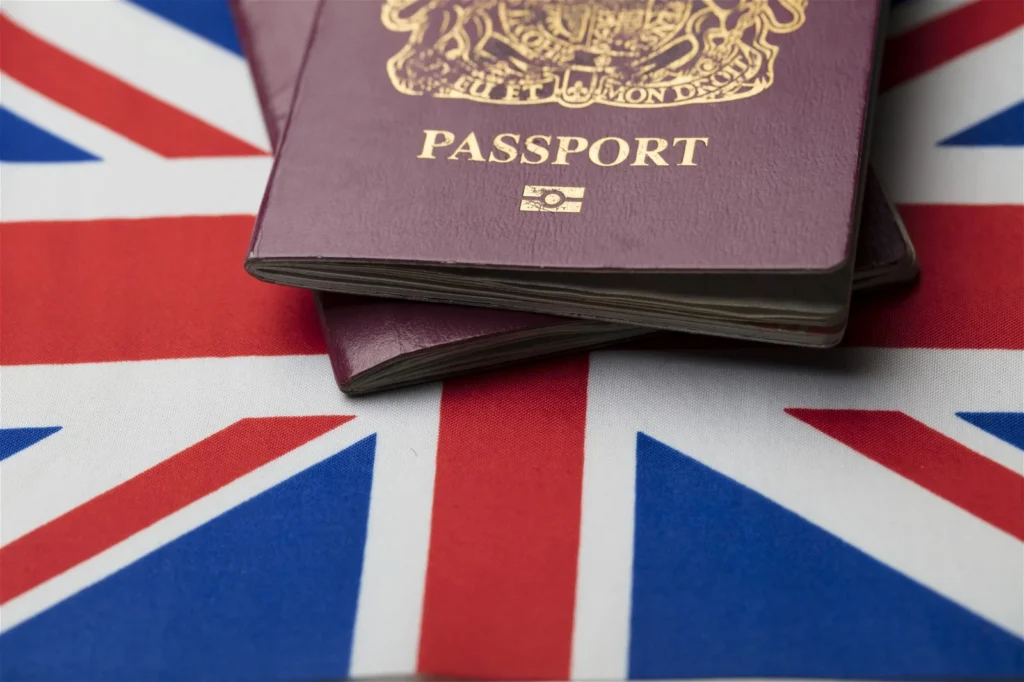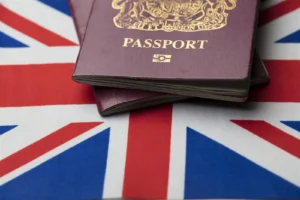
New Immigration Changes to Take Effect in Spring 2024
Introduction:
The United Kingdom’s immigration system is set to undergo significant changes in spring 2024, with several new measures being introduced to address skills shortages and reduce the number of non-British citizens living in the country. These changes are expected to have a significant impact on migrant workers, overseas care workers, businesses, and families.
Key Changes to the UK Immigration System:
- Current threshold is £18600 but it will be increased by spring 2024: In addition to the sweeping changes set to reshape the UK’s immigration landscape in spring 2024, a notable adjustment in the minimum income requirement for family reunification visas is on the horizon.
- Minimum Salary Threshold for Migrant Workers: The minimum salary requirement for skilled migrant workers will be increased from £26,700 to £38,700. This means that only highly skilled workers who can command a higher salary will be able to obtain a work visa for the UK.
- Family Visa Restrictions for Overseas Care Workers: Overseas care workers will no longer be allowed to bring their family dependents to the UK under the new immigration rules. This change is aimed at reducing the number of overseas care workers settling in the UK and encouraging them to return to their home countries after their employment contracts end.
- Elimination of Salary Reduction Benefit for Shortage Occupation List Jobs: Companies will no longer receive the 20% salary reduction benefit for jobs on the shortage occupation list. This benefit was intended to make it easier for employers to recruit skilled workers from overseas, but it is now being scrapped in an effort to encourage them to train and invest in British workers.
- Increase in NHS Surcharge: The NHS surcharge, a fee paid by non-British citizens using the UK’s National Health Service, will increase from £624 to £1035 per year. This increase is intended to reflect the growing cost of providing healthcare to non-British residents.
- Higher Minimum Income Requirement for Family Visas: The minimum income requirement for a family visa will also rise to £38,700. This means that only families with a higher earning potential will be able to bring their family members to the UK.
- Review of the Graduate Visa Route: The government will undertake a review of the graduate visa route to ensure that it continues to attract and retain highly skilled graduates to the UK.
Implications of the New Immigration Rules
The new immigration rules are expected to have a significant impact on the following groups:
- Migrant workers: The increased salary threshold and reduction in family visa benefits are likely to make it more difficult for migrant workers to obtain and maintain a visa in the UK.
- Overseas care workers: The restriction on bringing family dependents is likely to deter overseas care workers from coming to the UK, exacerbating the existing shortage of care workers.
- Businesses: The elimination of the salary reduction benefit for shortage occupation list jobs is likely to make it more expensive for businesses to recruit skilled workers from overseas.
- Families: The increased minimum income requirement for family visas is likely to make it more difficult for families with lower incomes to bring their family members to the UK.
Ongoing Public Discourse
The proposed changes to the UK’s immigration system have sparked a lively debate, with some arguing that they are necessary to protect British jobs and reduce immigration levels, while others contend that they will harm the economy and discourage skilled workers from coming to the UK. The government has stated that it is committed to a “fair but firm” approach to immigration and will continue to monitor the impact of the new rules.





